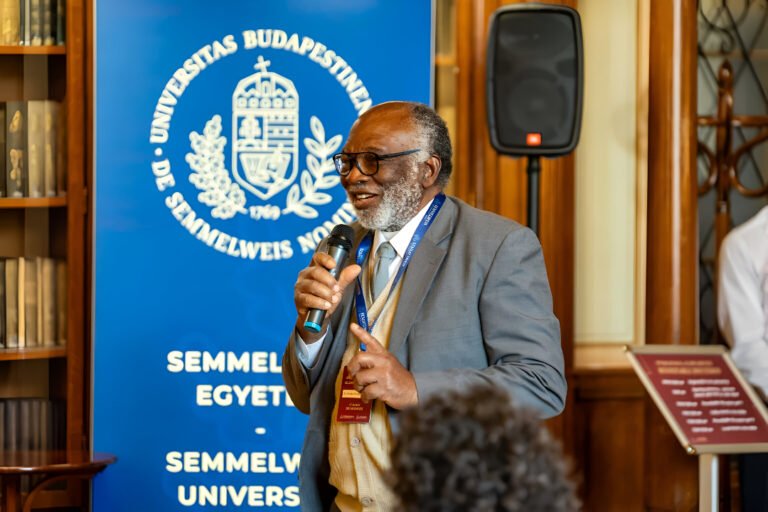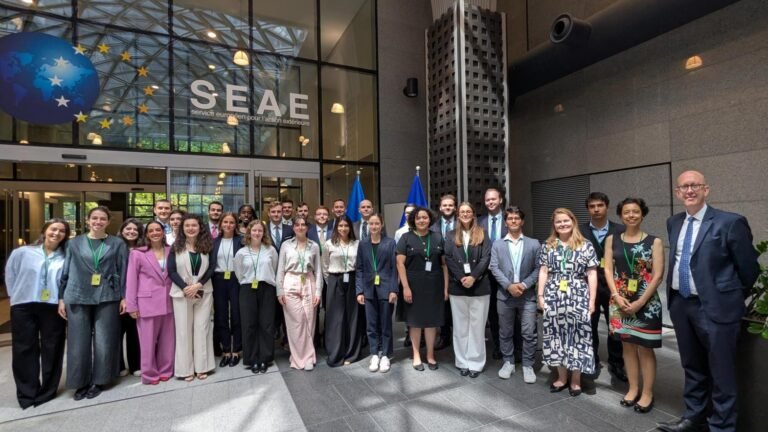
Published: August 7, 2025
A collaborative team from five institutes at the Medical University of Innsbruck, led by Alexander Hüttenhofer, has uncovered how SARS-CoV-2 strategically alters genetic activity in human lung cells—not just through protein-coding genes, but also via non-coding RNAs (ncRNAs). These small RNA molecules act as molecular switches, significantly changing cellular behavior and enabling the virus to replicate more efficiently.
The study, published in Molecular Therapy – Nucleic Acids, used a highly realistic lung cell model developed by cell culture expert Doris Wilflingseder, now a professor at the University of Veterinary Medicine Vienna. This model allowed researchers to observe how Delta and Omicron variants of the virus disrupt gene activity over time. After three days, major disturbances were found in both coding and non-coding genes.
Five key cellular signaling pathways were identified as being affected:
- Innate immune and interferon responses
- Viral binding, assembly, and replication
- Anti-inflammatory pathways
- Gene regulation and protein synthesis
- Cell growth, apoptosis prevention, and oncogenesis
SARS-CoV-2 exploits these pathways to prevent cell death and promote its replication. Interestingly, the ncRNA expression patterns remained largely similar between Delta and Omicron, with a few notable exceptions, including miR-155-5p, a key immune regulator, found at lower levels in Omicron-infected cells. Another RNA fragment, tRFGlu(TTC), was elevated in Omicron samples. These two markers could potentially serve as biomarkers for predicting disease severity.
Beyond deepening our understanding of COVID-19, the findings suggest future diagnostic and therapeutic strategies. Targeting specific virus-induced ncRNAs may help in developing “liquid biopsy” tools for early detection or guiding treatment. The study’s rigorous approach, including RNA sequencing and gene activity verification through advanced techniques, offers a detailed look at how viruses manipulate immune responses.
This breakthrough was made possible by the combined expertise of scientists across genomics, bioinformatics, pathology, physiology, and microbiology at the Medical University of Innsbruck, highlighting the power of interdisciplinary research in tackling global health challenges.
Source: Medical University of Innsbruck






